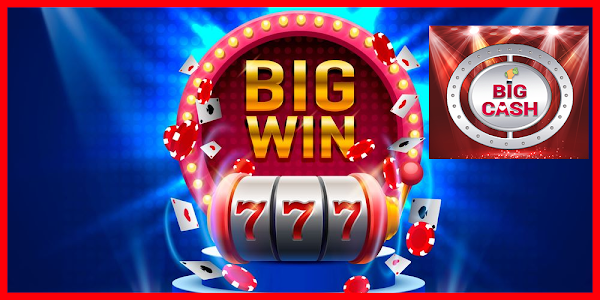Grossman on Cash Games
Here is an interesting article by Brian Grossman on his favorite game, poker. He recognizes the limitations of your bankroll and explains how he runs it as if it were a business.
At the outset, let me say that this isn’t a how-to guide for WSOP contenders. Rather, it’s about explaining how Brian operates his bankroll as if it were a business. Brian discusses the factors that he thinks bear upon pokerPlayers’ decisions about their bankroll.
The intentions of Brian are good and there is definitely a lot of valuable information in this article. However, I will give a few tips of their own, and suggest some resources that may help you beat Brian at his own game.
I think by now people are aware of how difficult it is to build a big bankroll with poker, especially if you are a newbie. Brian’s article will no doubt have provided them with the reasons why you need to start out with a small bankroll. Sizing it up against other players is difficult, and Brian even mulls over the suggestion that beginners could benefit from a bankroll of only a few hundred dollars.
What Brian does recommend is that you should look at moving up the limits with small winnings. If you cash out slowly, you will have built up a healthy bankroll by the time you reach the higher limits. This will make it easier to move up the limits in the future.
Moving up the limits in small wins is the best way to accumulate them quickly. The most important thing to moving up the limits is learning how to take a loss on the first try. I have heard many stories about players losing all their money at the same table (with only a couple of hours played) and having to keep moving because they have no money left.
This is the essence of small wins. If you have managed to build a nice stack, and are not risking it, then you can take a small loss. I recommend you learn to protect your big winnings.
For example, you start with a pot of $100 on the first hand of a Sit n Go. You have a small win of $60 (by getting heads up with a weak hand). You are now in the money to play for a couple more. You can feel confident about your play, but there is always the chance of a bad flop. If a flop comes out bad, you will have lost your stack of$600 or more.
The last thing you want to do is cover your back. If you are broke, you are not going to make many more mistakes before getting back in the game. By playing conservatively until your four hours are up, you will give yourself a chance to get back on your game.
If you miss the flop in a sit n Go game, move all the in blinds and antes into your stack. Then, play the hand like you would against a better player.
Before you get started, you will want to download the trial version of ScottFold it so you can get used to the buttons.
Once the blinds start to rise, you should begin to play more aggressively, especially if you have a lot of players in the pot. The longer the pokerbo tournament, the more you want to survive. Look for an opportunity to double up.
Keep track of your chip count. When you reach 20% of the blinds, meaning 20 chips in your stack, you should begin to play aggressively in the hopes of doubling up. If you are short stacked, look for an opportunity to move all in while you have only 4-5 chips left.




